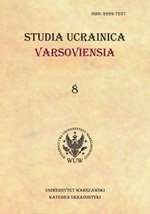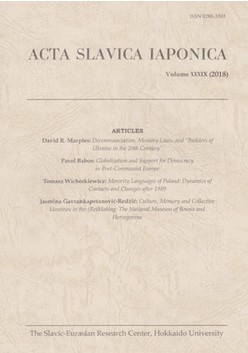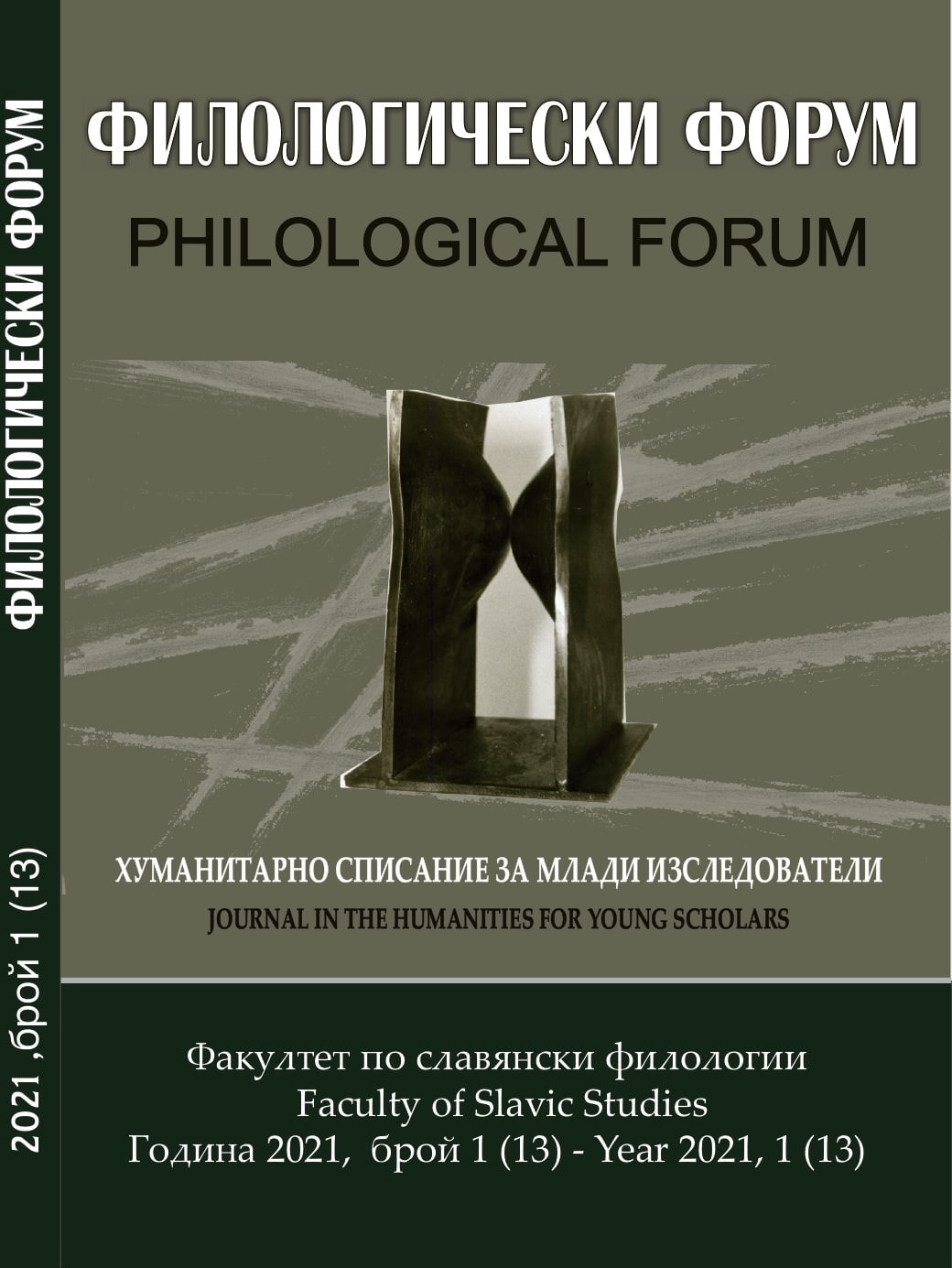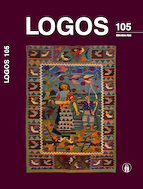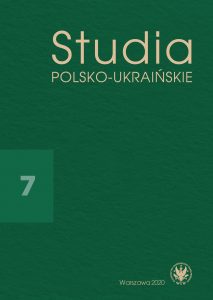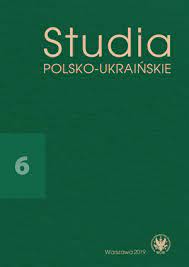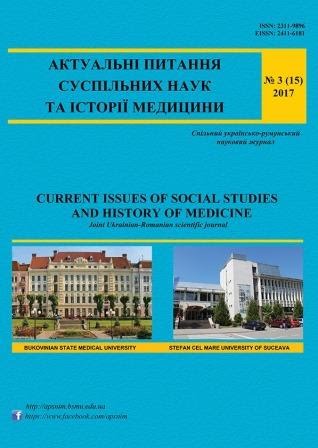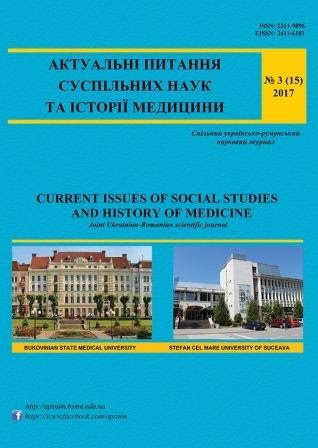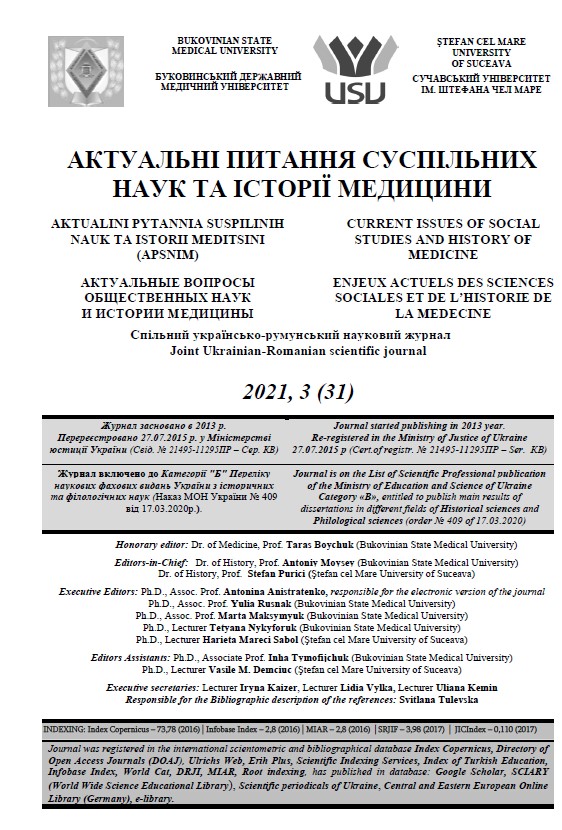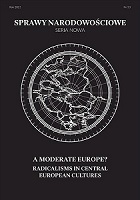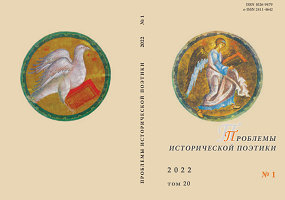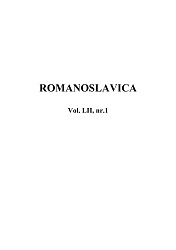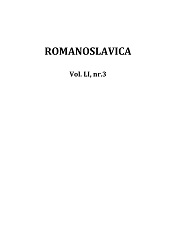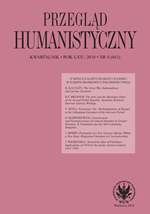
Toward the Idea of Polishness: Implications of 1918 for the Former Eastern Galicia, 1918–1939
The paper analyzes the Polish literary discourse on the former Habsburg province ofGalicia, developing after the restoration of Poland’s independence (1918) and the Polishvictory in the Polish-Ukrainian War of Eastern Galicia (1918–1919). Before WWI, especiallybefore the epoch of Galician autonomy (1867–1914), the prevailing discourse on the provincewas imbued by the idea of multi- and transnationalism grounded upon the Habsburg politicalculture. After the war, when Galicia became a part of the reborn Poland, the discoursepertaining to the region underwent a fundamental change. In the interwar Polish literature,the idea of multi- and transnational Galicia was a subject of specific transfers: sometimes ina continuative, usually, however, in a deconstructive version. Namely, it was disassembledand its components, referring to a revised political context, were ideologically used tostrengthen the representation of reality from the exclusive, Polish point of view. The paperfocuses on literary representations of the Polish-Ukrainian War of Eastern Galicia. It discussesthe stages of the aforementioned disassemblement, from the idea of Polish-Ruthenian“brotherhood” to the vision of Polish-Polish brotherhood, i.e. the homogenous Polishnation, from which the Others (Ukrainians, Jews and Austrians), depicted as enemies, wereexcluded with no exception. Such a vision prevailed in the Polish literature up until 1939;it has also had its continuations nowadays.
More...
